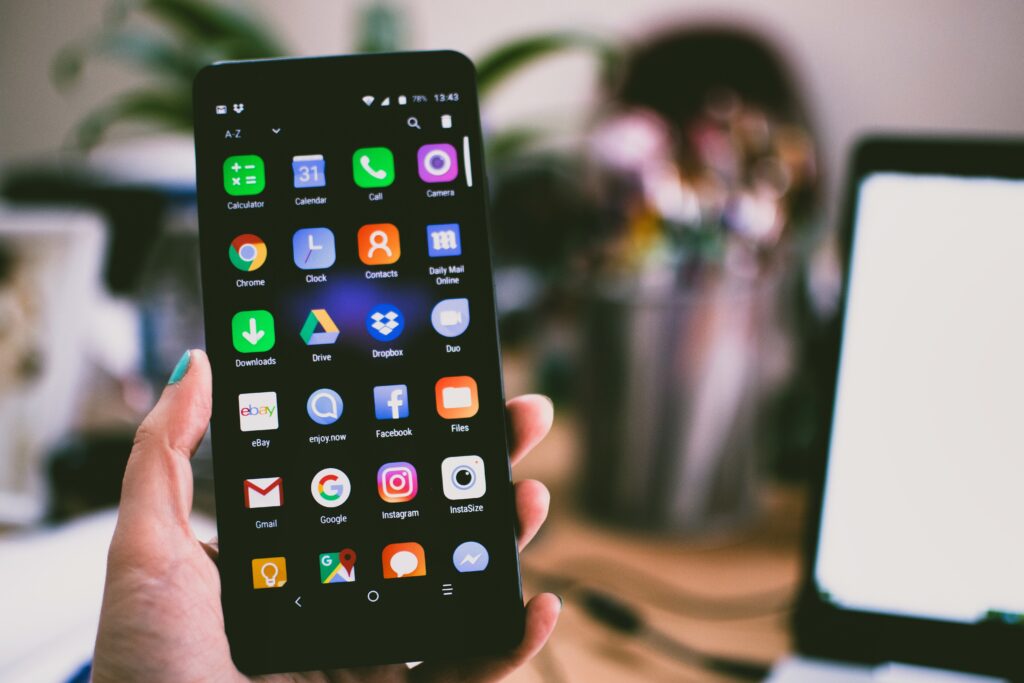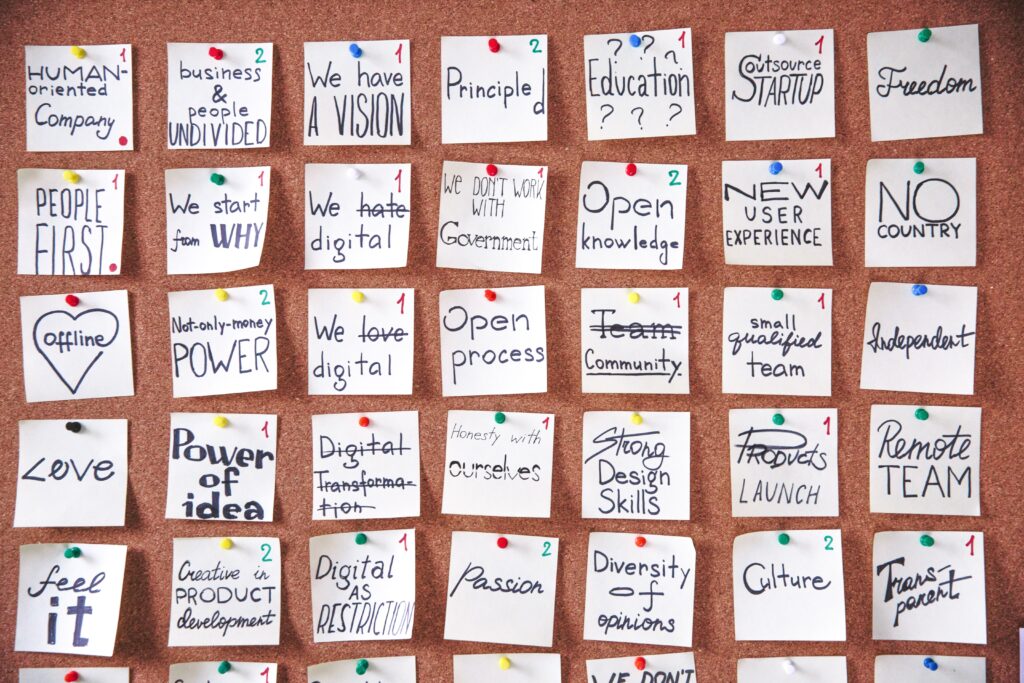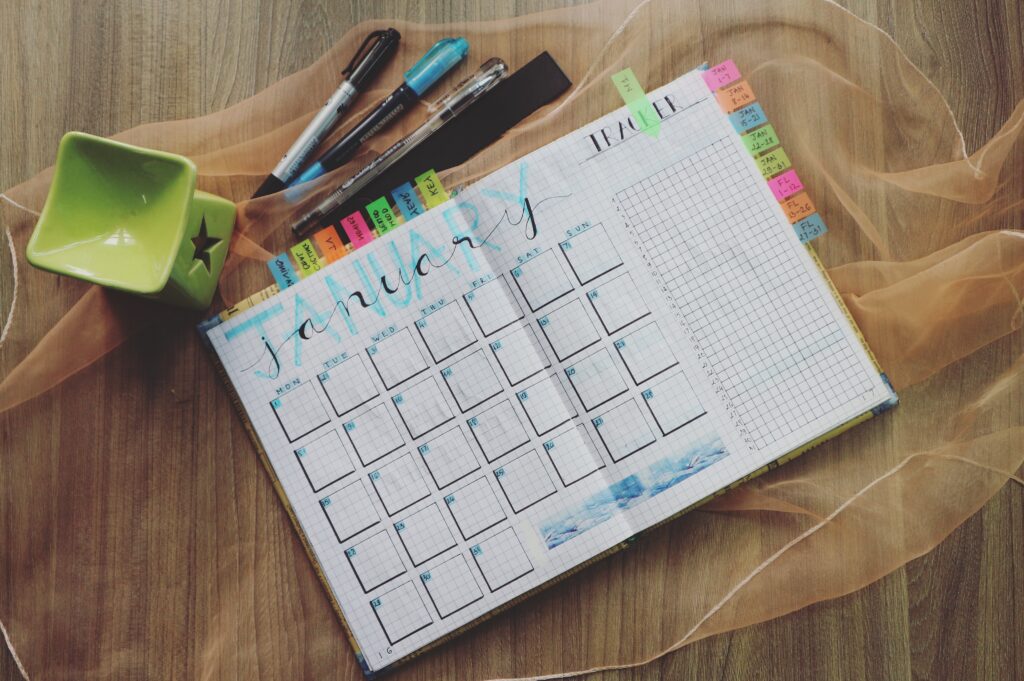6 Things You Do That Are Ruining Your Life

Captain Jack Sparrow, a.k.a. Johnny Depp, of the Pirates of the Caribbean series, was among the most overpaid actors between 2015 and 2016. In 2016, he filed a lawsuit against his business managers for causing him to lose tens of millions of dollars. Surprising, he was convicted after the lawsuit uncovered his habit of overspending. He spent $2 million per month to live a lavish lifestyle, with $30,000 of that going towards only wine. That’s a lot of money. His own habit of unchecked spending became the source of his financial difficulties and ruined his life. So, unlike Johnny Sir, it’s probably best to pay attention to those little habits and things you do that could harm your well-being. After all, these small habits accumulate over time and cause your life to switch to self-destruct mode. (robotic voice inserted)
With that said, here are 6 things you may be doing that are ruining your life.
Disclaimer: This article is for informative purposes only. If you can relate to any of these signs, please do not take this feedback as an attack on your character. This article is meant to be a self-improvement guide for those of you who have been feeling a little stuck.
1. Overdose of Stimuli
Did you know your social media apps are the best triggers of dopamine? These apps are designed to keep you online by providing some form of entertainment. From checking everyone’s stories to seeing how many likes you received on your most recent post, to interacting with friends, watching reels, and stalking your favourite celebrities. Such an overdose of stimuli leads to overstimulation.
Do you feel tired at the end of the day, even if you haven’t done anything other than scrolling through social media and watching YouTube videos? That’s because overstimulation can mentally drain your energy even if you haven’t done anything. And because all social media apps are created to be as enjoyable as possible, hacking into your dopamine system has also become simple. You don’t have to accomplish anything for dopamine to be released. It is released simply by anticipating who might have texted you.

So, why would you want to put in the effort to work on your long-term goals when you can get the same dopamine rush by doing something that requires significantly less effort and doesn’t even require you to move your body? As a result, working hard for a cause you genuinely care about can feel nearly impossible. However, limiting your screen time can help you avoid energy loss due to overstimulation, which could be used to take care of your responsibilities and work on your aspirations.
2. You are a master juggler
Do you listen to music while responding to emails and chatting with friends on social media altogether? While you may believe that being able to complete two or three tasks at once is the pinnacle of efficiency, a study published in the Journal of Experimental Psychology says otherwise. It’s because, unlike computers, our brains cannot process millions of bits of information in one go. So, when you multitask, you switch back and forth between tasks. And this switch requires you to refocus your attention, which takes a significant amount of time that could be spent more efficiently. (Rubinstein, J. S., Meyer, D. E., & Evans, J. E., 2001).

Also, if you have a habit of multitasking constantly, you are more likely to make mistakes, waste time, and remember less of what you have done. Instead, concentrating on one task and doing it well may be the most effective strategy for increasing productivity. Perhaps mastering the art of juggling multiple tasks isn’t the ultimate skill after all. What do you say?
3. Betraying yourself
Do you recall going to great lengths to keep a promise you made to someone? But you fail to live up to the promises you made to yourself. Maybe you’re eating the cookies you promised yourself you wouldn’t eat while on your diet. Or perhaps you’re skipping your skincare routine because you’re too lazy. Tell me, why do you fall so far behind in keeping these small promises you made to yourself?
Is it because breaking a promise to yourself has no consequences that could harm your self-esteem? Or is it because they are the easiest to break without hurting anyone you care about? Anyhow, breaking them may imply that you subconsciously perceive yourself as unimportant, unreliable, and unworthy of your own time. It means you are neglecting your needs and considering the personal growth commitments you made to yourself as optional. Now, that is unacceptable.

If you live up to your promises, you can feel stronger, healthier, happier and more comfortable in your own skin. You will also be able to help your family and friends if you maintain your mental and physical health. So, why not start with pushing away that cookie jar until you realise your fitness goals and fulfil other pending promises? Remember that self-care is not a luxury that can be put off but a necessity that must be prioritised.
4. Hara Hachi Bu
Do you recall feeling sleepy or lazy after a heavy meal? It occurs when you consume a high-calorie diet. Taking in too many calories forces your body to expend a lot of energy just to digest your food, leaving you tired and unable to concentrate on your work. Excess calorie consumption can also increase your risk of heart disease, and weight gain, and depletes your body over time. Hence, being mindful of your calorie intake could improve your life.
According to the book Ikigai by Héctor Garcia and Francesc Miralles, the people of Okinawa island live the longest because they follow the proverb, “Hara Hachi Bu”. Hara Hachi Bu means eating only until your stomach is 80 per cent full. So, you stop eating when you realise you’re nearly full but could still eat a little more.

Wait! Does this mean you must forego your delicious dessert in order to follow the proverb? And we know you wouldn’t miss out on that Choco lava cake for the world. So, what can you do? Okinawans eat on smaller plates, so they eat smaller portions of food and don’t skip out on their favourite desserts. They also eat more slowly and avoid eating while watching TV or working to avoid mindless munching.
5. Same old life
Your brain starts ageing when you’re only in your twenties. Shocking isn’t it? And following the same routines and performing the same set of activities every day can potentially accelerate this ageing process. While routines can save you time deciding what to do next and give you a better start to the day, they don’t provide new stimuli for your brain to process and form new connections with. And this lack of new information can act as a catalyst for your neurons to age.
In 27-year-old adults, researchers from the University of Virginia discovered a decline in cognitive ability to recall information or detect patterns or relationships between people and objects. And a decline in your cognitive abilities at a young age when you still have a long way to go is surely not a good sign.

So, for your brain to remain active and youthful, it requires something new to learn and challenge itself daily. It wants to continue experimenting with life. One way to combat early ageing is to spice up your life by switching things up every once in a while. Next time, try a new ice cream flavour. Bring out the old monopoly game you used to play with your friends and family. Or go for a walk in nature to step out of your monotonous routines. Or simply changing the order in which you fulfil your responsibilities can also stop you from growing old sooner than you imagined.
6. Productivity can be so Unproductive
I shouldn’t have taken a break when I had so much work to finish. And I should probably stop re-watching those old movies that clearly won’t help me in the meeting tomorrow. Does that sound like your inner voice?
If that’s a yes, hear me out. I am fully supportive of you trying to be more productive to fulfil all your commitments in time. But, if you feel a constant need to be productive like this at all times, it’s a sign your productivity has turned toxic. Toxic productivity can cause you to view every hobby you have with the intention of learning something from it or turning it productive. Rather than what it is actually for. It may even prevent you from doing things simply for enjoyment or, to satisfy your inner curiosity. And worst of all, it comes at the expense of time spent with family and friends, as well as your mental and physical well-being.

Now, you can prevent your productivity from turning toxic by establishing healthy work boundaries for yourself to avoid mental exhaustion. Notify your boss and colleagues when you are unable to work or just need a break. And instead of back-to-back meetings, schedule them after allowing yourself a 15-20 minutes break to grab a snack. The most important aspect of taking a break is to actually take a break from work. To be able to stop counting all of the work-related tasks that need to be done. And to be able to relax without feeling guilty for not being productive all the time.
Remember, it’s okay to not be constantly on the go; it’s okay to take a guilt-free break and care for yourself. So, let this be a reminder to embrace this wonderful tagline out there, “Have a break, Have a Kit Kat.”
Endnote
Which of the signs do you (unfortunately) relate to? Breaking these bad habits on your own may not be as easy as it seems. Having someone hold you accountable is thus necessary to keep you from reverting back to those habits. So, why not share your progress in the comments below so that all of us together can help you get rid of things that are potentially ruining your life? Remember, it is never too late to accept your unhealthy habits and change them for the better. Finally, it is up to you to take action and let go of things that are holding you back from getting what you want. So get going right away while I go grab my Kit Kat!
Do you see a red subscribe button next to our channel name? Just wanted to let you know that it’s totally free and only takes a second to click. So, why don’t you hit the button before you leave? It would allow us to deliver mental health content when you most need it.
Truly appreciate you taking some time off your busy schedule to read this article. See you soon with more mental health content. Stay tuned until next time. Goodbye!
References
Sussex Publishers. (n.d.). 3 Ways Social Media Ruins everything. Psychology Today. Retrieved July 19, 2022, from https://www.psychologytoday.com/us/blog/feeling-it/21603/3-ways-social-media-ruins-everything
García Héctor, & Miralles, F. (2017). Ikigai. People’sPress.
Miller, K. (2009, March 23). Decline in mental skills may start in 20s. WebMD. Retrieved August 13, 2022, from https://www.webmd.com/brain/news/20090323/decline-in-mental-skills-may-start-in-20s
Simple ways to combat toxic productivity. Wrike. (n.d.). Retrieved August 13, 2022, from https://www.wrike.com/blog/ways-to-combat-toxic-productivity/
Sussex Publishers. (n.d.). Enjoy food and lose weight with one simple phrase. Psychology Today. Retrieved July 24, 2022, from https://www.psychologytoday.com/intl/blog/thrive/201101/enjoy-food-and-lose-weight-one-simple-phrase
Treat promises to yourself as seriously as promises to others. Harvard Business Review. (2015, September 9). Retrieved July 24, 2022, from https://hbr.org/2015/09/treat-promises-to-yourself-as-seriously-as-promises-to-others
Lambert, W. by A. (2019, April 23). Why you need to stop breaking promises to yourself. The Fit Tutor. Retrieved July 24, 2022, from https://thefittutor.com/stop-breaking-promises-yourself/
Rubinstein, J.S., Meyer, D.E. and Evans, J.E. (2001) executive control of cognitive processes in task switching. The Journal of Experimental Psychology Human Perception and performance, 27, 763-797. – references – scientific research publishing. (n.d.). Retrieved July 24, 2022, from https://www.scirp.org/(S(351jmbntvnsjt1aadkposzje))/reference/referencespapers.aspx?referenceid=1515333
Cherry, K. (2021, July 30). Cognitive and productive costs of multitasking. Verywell Mind. Retrieved July 24, 2022, from https://www.verywellmind.com/multitasking-2795003#citation-7
Lim, J. (2020, October 5). Overstimulation is ruining your life. Medium. Retrieved July 24, 2022, from https://johnlim-ys.medium.com/overstimulation-is-ruining-your-life-478f04a38ecc
Sussex Publishers. (n.d.). 3 Ways Social Media Ruins everything. Psychology Today. Retrieved July 24, 2022, from https://www.psychologytoday.com/us/blog/feeling-it/201603/3-ways-social-media-ruins-everything




Responses